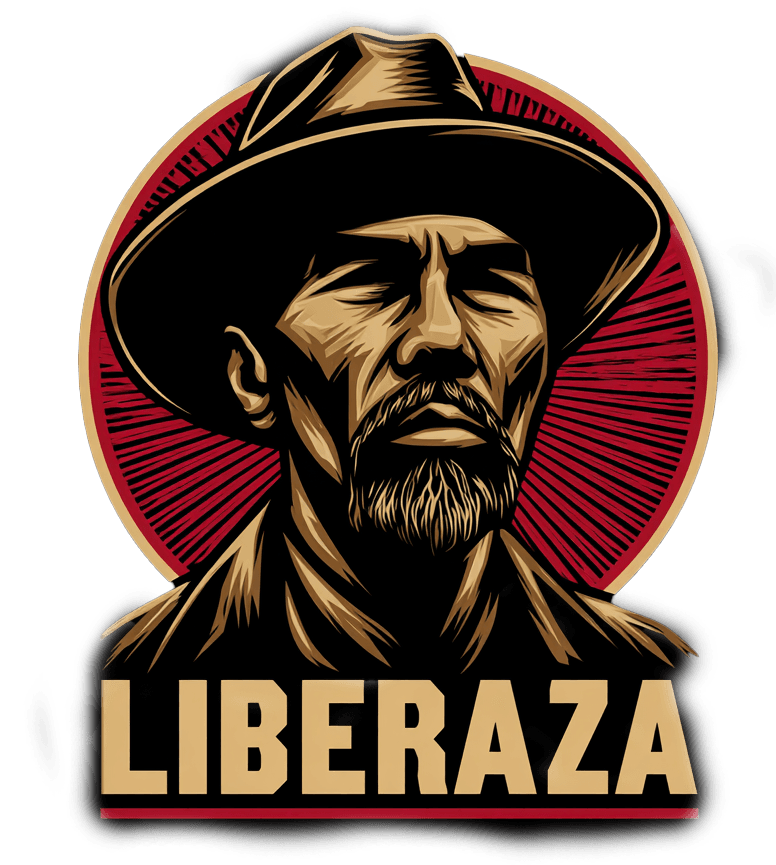Federal Cases Against Los Angeles Protesters Collapse Amid False Testimony
LS
In Los Angeles, a series of federal prosecutions tied to anti‑ICE demonstrations has collapsed under the weight of its own inconsistencies. In recent weeks, judges quietly dismissed multiple cases after revelations that federal agents had given misleading or outright false testimony. What began as an attempt to make examples of protesters has become a cautionary tale about government overreach, credibility, and the fragile boundary between enforcement and abuse of authority.
False Testimony and Embarrassing Dismissals
According to court records reviewed by The Guardian and other outlets, Immigration and Customs Enforcement agents, along with allied federal officers, made claims under oath that prosecutors could not substantiate. In some instances, defense attorneys demonstrated that the alleged crimes simply did not occur as described. In others, the physical evidence contradicted sworn statements. The Department of Justice, facing mounting pressure and accusations of misconduct, opted to dismiss several cases rather than risk further embarrassment in open court.
For the defendants—most of whom were young activists swept up in demonstrations against deportations—the turnaround was dramatic. Only months ago, prosecutors had threatened lengthy prison sentences. Today, many of those same individuals walk free, their records cleared, though not without the lasting scars of arrest, detention, and public vilification.
A Pattern of Aggressive Enforcement
Legal experts note that this is not an isolated episode. In recent years, the federal government has leaned heavily on immigration enforcement as a means to quell dissent, particularly in cities such as Los Angeles, Portland, and New York. The collapse of these cases, critics argue, reveals a deeper pattern: aggressive charges built on shaky evidence, designed to discourage protest and silence opposition to ICE raids.
“The real message here is deterrence,” said one civil rights attorney involved in the cases. “Federal prosecutors wanted to send a signal to anyone who dared challenge ICE in the streets. But when their evidence was scrutinized, it fell apart.”
Human Toll on Protesters
For those arrested, the legal battles left emotional and financial scars. Some protesters lost jobs while awaiting trial. Others faced family separations and months of uncertainty. One activist, who asked not to be named, described the ordeal as “a punishment without conviction,” saying the process itself was meant to grind people down even if the government could not secure guilty verdicts.
The dropped charges offer relief but not restitution. There is little recourse for the time lost, the reputations damaged, or the fear instilled by armed federal officers storming city streets.
Wider Implications for Justice and Immigration Policy
The unraveling of these cases lands at a politically charged moment. Immigration enforcement remains one of the most polarizing issues in American life, with ICE conducting large‑scale raids, expanding detention facilities, and facing nationwide protests. The federal government’s decision to pursue questionable prosecutions—and then to retreat once their foundation crumbled—raises pressing questions about accountability.
What does it mean for a democracy when sworn testimony by federal officers cannot be trusted? How can the public distinguish legitimate law enforcement from politically motivated intimidation? These are not abstract questions. They shape the relationship between immigrant communities, activist networks, and the institutions tasked with enforcing the law.
Calls for Oversight and Reform
Advocacy groups in California are now calling for an independent review of the prosecutions. Organizations such as the ACLU and immigrant rights coalitions argue that without accountability, there is nothing to stop similar abuses in the future. They point to the need for stronger oversight of ICE, clearer standards for federal testimony, and protection for those exercising their constitutional right to protest.
Meanwhile, some lawmakers have begun pressing for hearings. A small group of California representatives have requested a formal inquiry into the conduct of the agents involved. Whether these calls will gain traction in Washington remains uncertain, but the pressure is unlikely to fade.
The Broader Narrative
The Los Angeles dismissals are part of a larger national narrative: the tension between immigration enforcement and civil liberties. From Portland to El Paso, ICE has been at the center of controversy—not only for its handling of detainees but also for its aggressive posture toward critics. The collapse of these cases underscores the fragility of federal claims when tested against the standard of evidence.
It is a reminder that, in the rush to prosecute, the government is not infallible. The courts, flawed as they may be, remain one of the few arenas where truth can be forced into the light.
